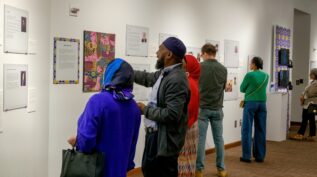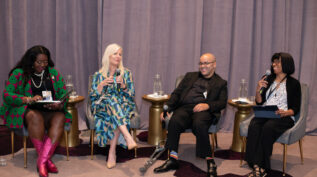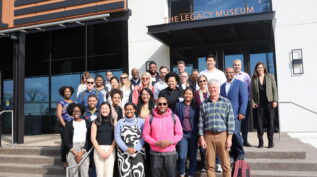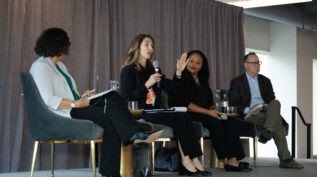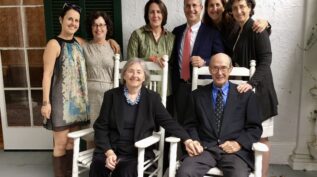Trust-Based Capital: Endowments as a Strategy to Support Social Justice Organizations
Posted on March 4, 2025 by Daniel Ash, Sharon Bush, Dr. John H. Jackson

Having an impact on deeply entrenched problems often requires funding at scale over long periods of time. While family funders use many tools to support their grantees and communities, few are employing endowments as a way to sustain nonprofits over the long term. Here, leaders from the Field Foundation of Illinois, Grand Victoria Foundation, and Schott Foundation share the benefits… Read More

